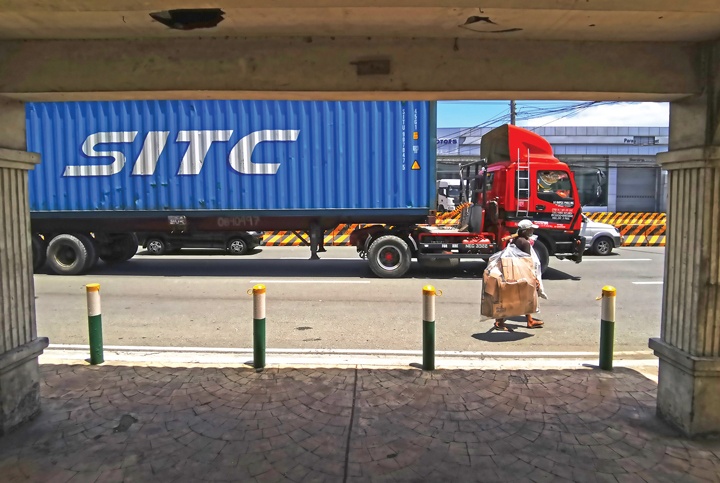
FILIPINO workers suffered the largest working-hour losses in Southeast Asia during the pandemic, according to a new report from the International Labor Organization (ILO).
In its Covid-19 and the Asean labor market: Impact and Policy Response report, ILO said lost working hours in the country in 2020 reached 13.6 percent, affecting 1.9 million workers.
This was significantly higher compared to its neighboring countries such as Brunei Darussalam, Lao People’s Democratic Republic and Thailand, where hours worked only dropped by 4.3 to 4.5 percent.
Overall working-hour losses last year during the onset of the pandemic was at 8.4 percent, which is equivalent to 24 million full-time workers.
Christian Viegelahn, one of the lead authors of the study, attributed it to the Philippines’s quarantine lockdown, which was one of the longest and strictest among Asean members.
“They [affected workers] were unable to work given the health restrictions that were put in place or there was no demand and other reasons as well,” Viegelahn said in an online news briefing on Friday.
The affected workers, who include both those permanently displaced or suffered reduced work hours, were mostly from the following sectors: tourism, retail and sales, arts and entertainment, manufacturing and construction.
Slow recovery
This year, ILO expects work job recovery in Asean working-hour losses in the entire regional bloc to be at 7.4 percent in its baseline scenario.
In its “optimistic” scenario, it may improve to 7 percent; and for its “pessimistic” scenario, 7.9 percent.
“The region recorded working-hour losses of 6.1 percent in the first quarter of 2021 and 6.2 percent in the second quarter. In the second half of 2021, labor market conditions are expected to deteriorate further due to the ongoing wave of the Covid-19 pandemic,” ILO said in a news statement.
ILO projects a slow pace recovery in the Asean labor market in 2022 amid the current upward trend in Covid-19 cases and slow vaccine rollout.
Long-term scars
Viegelahn expressed concern over the large number of Filipino employees who will be affected by work-hour losses, since he said this will leave them vulnerable to “scarring,” or the long-term effects of being “detached” from the labor market.
“It is visible potentially in terms of lower wages in the future as they go forward and the quality of job they are actually able to obtain,” the ILO Regional Economic and Social analyst said.
He said the Philippine government may be able to address this if it could be able to keep Covid-19 cases in check and allow more businesses to resume their operations.
Other possible interventions include providing sufficient support to enterprises, especially micro and small and medium enterprises so they could hire high-end workers and giving skills development to affected workers.
ILO noted Asean countries are already implementing these measures by allocating nearly 16 percent of their gross domestic product to the fiscal stimulus response as of the end of May 2021.
“However, further policy action in the realm of social protection, enterprise support and labor protections will be needed to ensure a human-centered recovery from the crisis in the Asean region,” ILO said.
Image courtesy of Bernard Testa

